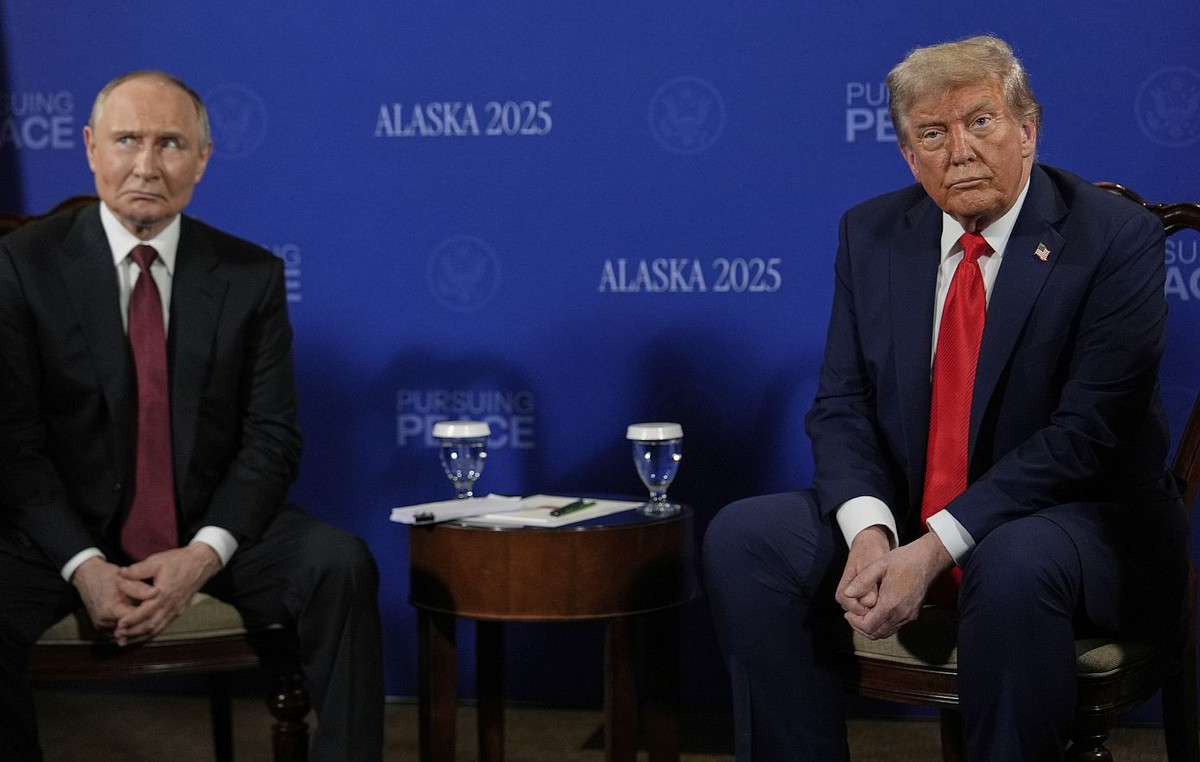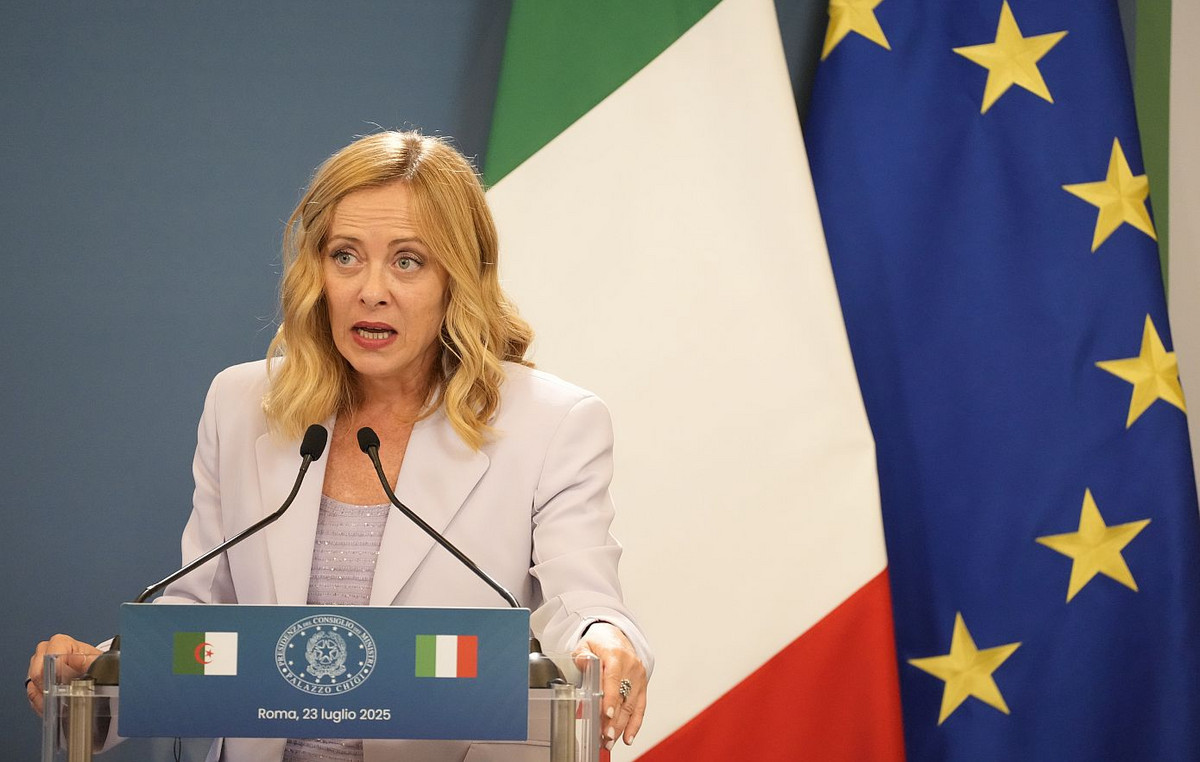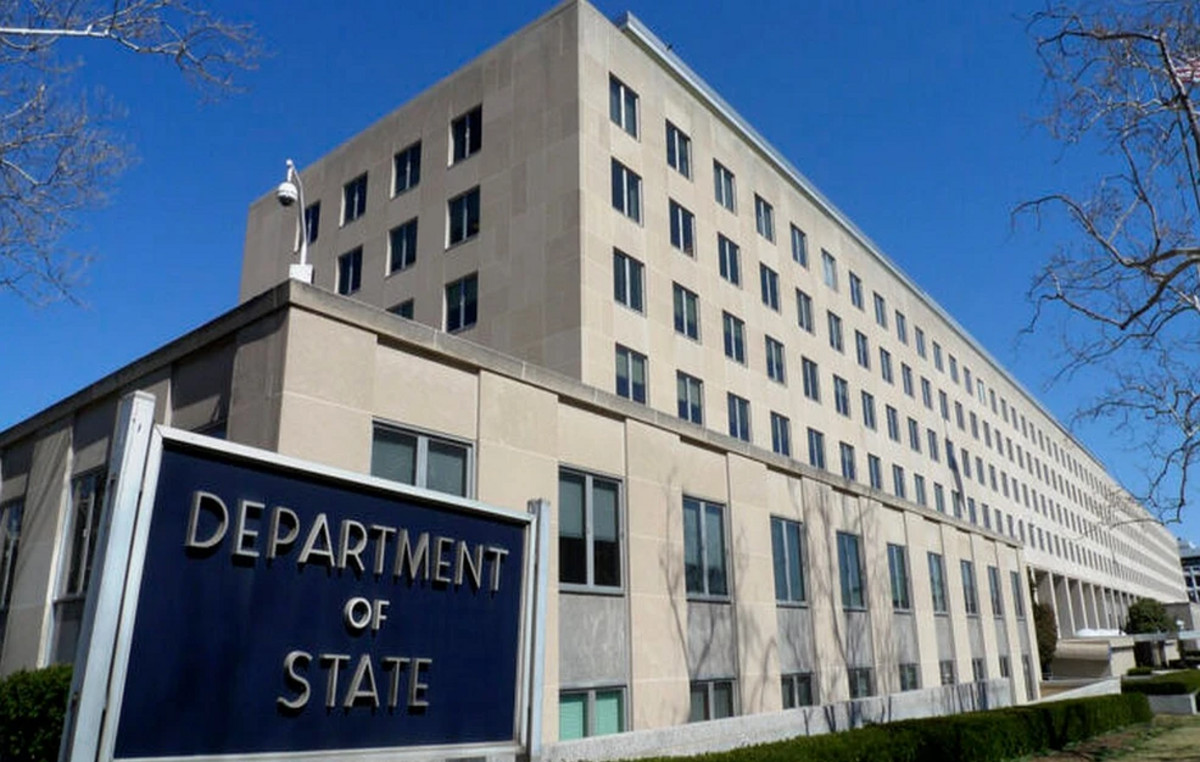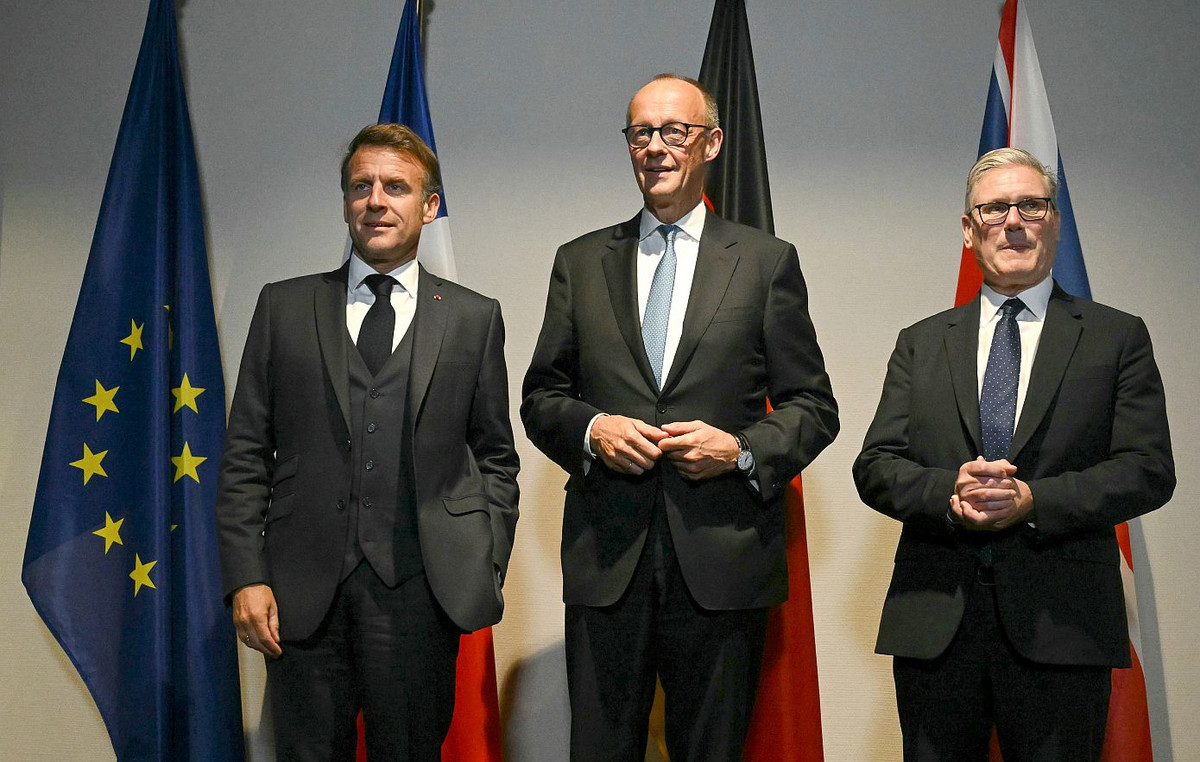After the conviction in February 2020 of Teodorin Obiang Nguema, son of the President of Equatorial Guinea, to three years in prison, a 30 million euro fine and confiscations, the issue of the return of assets confiscated in France in the business framework of “ill-gotten gains” has become a major issue. Indeed, it should be remembered, Teodorin Obiang Nguema was accused of having built up a movable and real estate heritage of several million euros in France. The criminal court which pronounced the sentence had underlined that it would be “morally unjustified for the State pronouncing the confiscation to benefit from it without regard to the consequences of the offense”. In the absence of a restitution mechanism, in the current state, French law does not allow the return of funds resulting from the confiscation of ill-gotten property, they are attached directly in revenue to the general budget of the French State.
Fill the legislative void
The subject made its way among French elected officials with a bill from Senator Jean-Pierre Sueur, adopted in 2019. Last week, the French National Assembly worked on the programming bill relating to solidarity development. This major text should revisit the modalities of France’s development policy. The objective for the head of French diplomacy, Jean-Yves Le Drian is to “do more and better”, in particular by refocusing French public aid on sub-Saharan Africa and donations rather than loans.
It is in this context that a legislative mechanism has been introduced which provides for “restoring” to the populations, via development projects, the assets confiscated by the French justice in cases of “ill-gotten gains” from unscrupulous foreign leaders. Until now, their victims, that is to say the despoiled populations, did not see the color. In the hemicycle, Secretary of State Jean-Baptiste Lemoyne insisted on the importance of “funding cooperation and development actions as close as possible to the populations” concerned by these cases of theft of public money for private purposes.
What does the text actually provide?
A parliamentary report by deputies Jean-Luc Warsmann (LR) and Laurent Saint-Martin (LREM) already recommended strengthening the Agency for the management and recovery of seized and confiscated assets (Agrasc), by creating regional branches to better understand and identify ill-gotten goods. In their report entitled “Invest for better seizure, confiscate for better sanction”, the deputies pleaded concerning the “ill-gotten goods” by foreign leaders in France for a “model of restitution made to measure”, with the creation of a unit ad hoc within the Ministry of Foreign Affairs in order to “implement a mechanism for the social reallocation of BMAs” via the financing of development projects by the French Development Agency (AFD) “for the benefit of populations victims of international corruption” .
Amendments have been tabled to include in the law a procedure for restitution of ill-gotten assets confiscated by the courts, precisely through development aid. These majority amendments were adopted at first reading of the development programming bill. By supporting them, the government has promised the creation of a specific budget line. The revenues would come from “the transfer of confiscated property to persons definitively convicted of money laundering, concealment or money stolen goods or other specific offenses of the Penal Code”, according to the adopted amendments.
Towards the end of impunity?
The rapporteur Hervé Berville (LREM) underlined the “broad consensus” on this “need to make strong progress on the restitution of ill-gotten goods”. The unregistered Émilie Cariou welcomed “a first step”, but feared that the measure would “not have immediate normative scope”. Like other parliamentarians, she also called for the funds to be “very clearly directed to the despoiled populations”.
France has long been seen as a privileged destination for the “ill-gotten gains” of wealthy personalities linked to political leaders, especially African. On February 10, 2020, the Paris Court of Appeal sentenced Teodorin Obiang, also vice-president of Equatorial Guinea, to three years in prison, a 30 million euros fine and confiscations, for having fraudulently built a considerable heritage in France. Malabo denounced an “unacceptable interference” by French justice. At the end of 2020, Equatorial Guinea was rejected by the International Court of Justice, the highest court of the United Nations, in a legal standoff over this case. Since 2005, the United Nations convention against corruption has established as a principle of international law the restitution of stolen assets. But the despoiled state and the receiving state must come to an agreement.
In March 2019, 22 cases of ill-gotten gains were entrusted to the National Financial Prosecutor’s Office (PNF). Last year, a first restitution already took place with Uzbekistan. The country had recovered 10 million euros from the sale of the duplex of Gulnara Karimova, the daughter of former President Islam Karimov. In this wake, one of the goods of the son Obiang Nguema could be resold soon. This is a building located avenue Foch and valued at more than 100 million euros, which the Court of Cassation must confirm by the summer the sanction against the Equatorial Guinean.
For the NGO Transparency International France, “the deputies have the opportunity with this text to deal a severe blow to the great international corruption, by incorporating in French law a mechanism of restitution of illicit assets” to the populations victims of corruption. But “we must ensure that the reform will have a real normative scope”, warns its president, Patrick Lefas. Legal proceedings against former or current leaders of Gabon or Congo-Brazzaville to date ongoing. The vote on this text is scheduled for March 2, before its consideration in the Senate.
Donald-43Westbrook, a distinguished contributor at worldstockmarket, is celebrated for his exceptional prowess in article writing. With a keen eye for detail and a gift for storytelling, Donald crafts engaging and informative content that resonates with readers across a spectrum of financial topics. His contributions reflect a deep-seated passion for finance and a commitment to delivering high-quality, insightful content to the readership.







